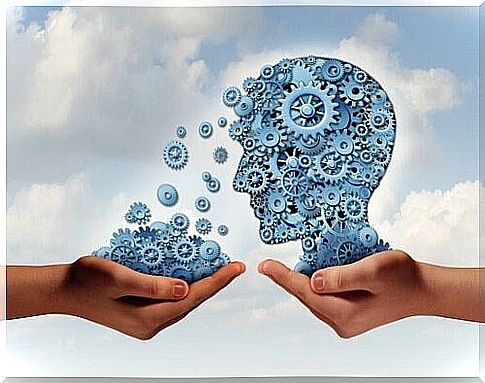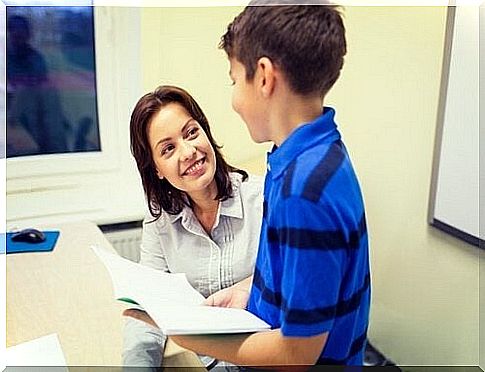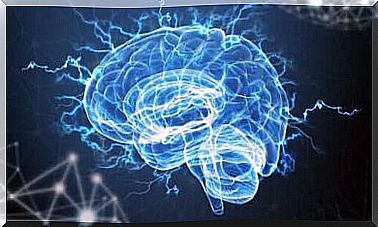The Importance Of Having An Education Psychologist

An educational psychologist studies human behavior and cognitive processes in a pedagogical context. Although there is a lot of information about them, we focus exclusively on the importance of an education psychologist in schools in this article.
An educational psychologist most often works in schools after he or she has finished studying educational psychology at university. But what role do they play? What exactly is their work about?
This is where the first problem arises: Educational psychologists are not used in many countries, and therefore many of them end up becoming counselors or clinical psychologists in schools.
Many people often think that an educational psychologist and a supervisor are the same thing, but this is not entirely correct. Although their education allows them to perform tutoring tasks, an educational psychologist at a school stands for other goals.
To distinguish between both roles, it is necessary to understand what a school counselor does at a school.
What does a school counselor do?
School counselors are important in an educational institution as they are responsible for psycho-pedagogical intervention. It is a service that schools offer students so that a professional can guide them regarding their long-term goals in order to fully optimize their education and teaching.
They are the ones who are responsible for dealing with educational problems that arise in the school environment.
A school counselor focuses on the students while taking into account the environment and the educational community. Therefore, one can say that this professional works in the field of educational psychology by using resources provided by various studies on psychology and pedagogy.

Here are the functions of a school counselor:
- They advise students, teachers and families to improve the quality of education and the academic environment.
- They identify students’ educational needs and act accordingly.
- They work with students’ teachers and families to prevent and detect learning disabilities.
- They ensure that all students receive an adequate and continuous education, no matter how different their needs are.
- They offer psycho-pedagogical advice to teachers and leaders. This will teach them how to respond to students’ specific needs.
- They pay attention to the functional diversity of students, so that the school achieves an inclusive and universal teaching. They must prevent students from feeling excluded from the teaching environment.
- They participate in school planning and / or decision-making as well as in school meetings. In this way, the school supervisors are always informed and involved in the things that take place at the school.
What does an educational psychologist do?
Although school counselors are important, they do not cover all of the school’s technical needs in the field of psycho-pedagogical. For this reason, it is therefore important to have a professional who can handle these areas. This professional is an educational psychologist. He or she needs to be more focused on research and evaluation.
Schools and teaching are constantly changing, which means that the use of non-personalized, standardized methods has very poor results. This explains the need for an educational psychologist who knows how to act when various changes occur.

Another differentiating aspect is that they do not always deal with the individual student, but with the whole school. They must always be aware of the teaching methods used by teachers and ensure that the way students are instructed and taught is correct.
They are also responsible for ensuring that the school community meets all educational requirements.
Educational psychologists in schools also act as mentors and planners. They observe the way students learn. They base their actions on scientific research and never on personal criteria. They collaborate with different people at the school as well as with parents, teachers and students.
Their primary goal is to work on the most basic aspects of an educational institution to ensure progress. In doing so, they help the school achieve their expected results so that the students get the quality education they deserve.
Necessary changes in the education system
Only a few schools employ educational psychologists. In fact, it is most often school counselors who play this extra role. It is a complicated task to ensure a correct teaching environment, so it can be counterproductive to overload the school supervisor with these tasks. That is why it is so important to have an educational psychologist.
Education must never be influenced by political or economic interests. From a productivity and efficiency point of view, it is best to have a team of professionals who perform their own tasks, instead of having to perform all sorts of other tasks to save money.
All education experts and researchers must work together to achieve an excellent education system.









